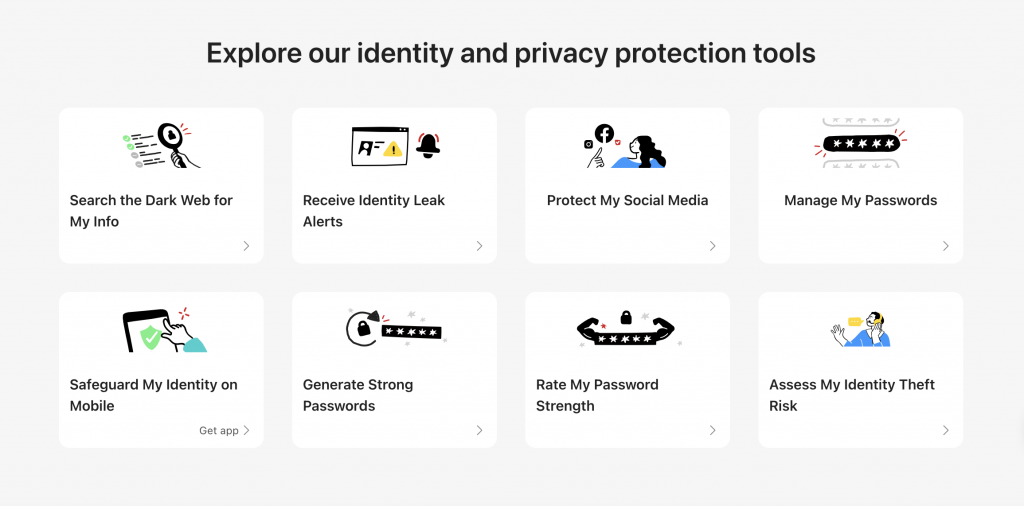Healthcare data breaches are becoming more frequent and severe, exposing millions of patients’ personal and medical records to hackers, identity thieves, and cybercriminals. In 2023 alone, there were several major healthcare data breaches that compromised the privacy and security of millions of people. Let’s delve into some incidents and understand why these breaches occur, the risks they pose, and how you can protect yourself.
Notable Healthcare Data Breaches in 2023
- HCA Healthcare Confirms Huge Data Breach: 11 Million Patients Affected: The hackers exploited a vulnerability in the software used by HCA Healthcare, one of the largest hospital chains in the US, to transfer files which compromised the data of 11 million patients.
- 1.7 Million Oregon Health Plan Members’ Data Compromised in PH TECH Data Breach: By exploiting a flaw in the MOVEit software used by PH TECH, a vendor that provides services to Oregon Health Plan, hackers gained access to 1.7 million members’ data.
- CMS: Maximus Data Breach Exposes 612K Medicare Beneficiaries’ PII & PHI: Similar to the PH TECH incident, the attackers gained access to personal information by exploiting the vulnerability in MOVEit, also used by Maximus.
- Integris Health Cyberattack Exposes Patient Data, Sparks Extortion Threats: Integris Health, a healthcare system that operates hospitals and clinics in Oklahoma, faced a cyberattack resulting in the exposure of patient data. The attackers also demanded a ransom, threatening the release of the stolen data.
These breaches involved patients’ names, dates of birth, Social Security numbers, medical records, and financial information, which raises serious concerns about privacy, security, and well-being.
Why Is Health Data Vulnerable to Data Breaches?
There are several reasons why healthcare data breaches are on the rise and why they are so damaging to victims. Some of the main reasons are:
- Value of health data: Health data is a goldmine for cybercriminals. Hackers can use or sell your health information for money. They can also use it to get medical care, drugs, or devices in your name, or to access other accounts and benefits.
- Inadequate cybersecurity measures: Insecure storage and transmission methods, outdated systems, and third-party vulnerabilities make health data susceptible to risks. Many health organizations lack the resources and awareness to implement robust security measures.
- Abundance of health data: Many places have your health information, such as hospitals, clinics, pharmacies, labs, insurers, government agencies, and online platforms. This means hackers have more ways to get and use your health information.
What Are the Risks if Health Data Has Been Leaked?
Health data breaches can have serious and lasting consequences for the victims, both physically and mentally. Some of the risks of health data breaches are:
- Identity theft: Hackers can use your personal information, such as your name, date of birth, Social Security number, and address, to impersonate you and open new accounts, apply for loans, or file bogus tax returns.
- Medical identity theft: Hackers can use your medical information, such as your health insurance number, medical records, and prescriptions, to get medical care, drugs, or devices in your name.
- Emotional distress: Hackers can expose your sensitive information, such as medical conditions, treatments, or test results, which can make you feel violated, embarrassed, and anxious.
- Legal and regulatory consequences: Hackers can use your health information to commit fraud or other illegal activities in your name, which can get you into trouble with the authorities.
- Compromised patient safety: Hackers can tamper with your medical records, which can lead to wrong diagnoses, treatments, or prescriptions.
How to Know if Your Health Data Was Compromised
Health data breaches can be hard to find out about, but there are some warning signs, such as:
- Receiving notifications: You may get letters, emails, phone calls, or text messages that tell you that your data was breached. Be cautious and check if they are legitimate or fake.
- Receiving bills or statements: You may get bills or statements that show charges or services that you did not get or agree to. These may mean that someone else used your data to get medical care, drugs, or devices in your name.
- Receiving calls or letters: You may get calls or letters from people who say that you owe money or that you are in trouble because of something related to your health information. This may mean that someone else used your data to commit fraud in your name.
- Checking your credit report: You should check your credit report regularly and look for anything that you don’t recognize. If you find anything, it may mean that someone else has used your personal information to open new accounts, apply for loans, or buy things in your name.
How to protect yourself from health data breaches?
Healthcare data breaches appear to be here to stay, but there are some things that you can do to help protect yourself:
- Keep your apps and systems up to date: Install the latest software updates for your devices and applications because they can fix vulnerabilities and bugs that hackers can exploit.
- Use secure networks: Avoid using public or unsecured Wi-Fi networks when accessing your health records or accounts online as this can expose your data to network eavesdroppers and interceptors.
- Secure mobile devices: Mobile devices such as smartphones and tablets can store and access your health data. Use a lock screen or biometric authentication to prevent unauthorized access to your device.
- Implement security protocols: Be aware of the security policies of your healthcare providers and ask them how they protect your data. Review medical records and bills regularly and report any errors or discrepancies to your providers.
- Protect your identity and personal information: Compromised personal data can have serious consequences, including identity theft, financial fraud, and job losses. The best thing you can do is a) have reliable cybersecurity protection, and b) ensure you will find out ASAP in the event of being affected. We would encourage readers to head over to ID Protection, which has been designed to meet these challenges.

With ID Protection, you can:
- Check to see if your data (email, number, password, credit card) has been exposed in a leak, or is up for grabs on the dark web;
- Secure your social media accounts with our Social Media Account Monitoring tool, with which you’ll receive a personalized report;
- Receive the strongest tough-to-hack password suggestions from our advanced AI (they’ll be safely stored in your Vault);
- Enjoy a safer browsing experience, as Trend Micro checks websites and prevents trackers.
While healthcare data breaches will remain a concern, staying informed and taking proactive steps will mitigate risk and help protect your sensitive information. Be vigilant, demand transparency, and actively engage in safeguarding your health data. Here’s to a secure 2024!
